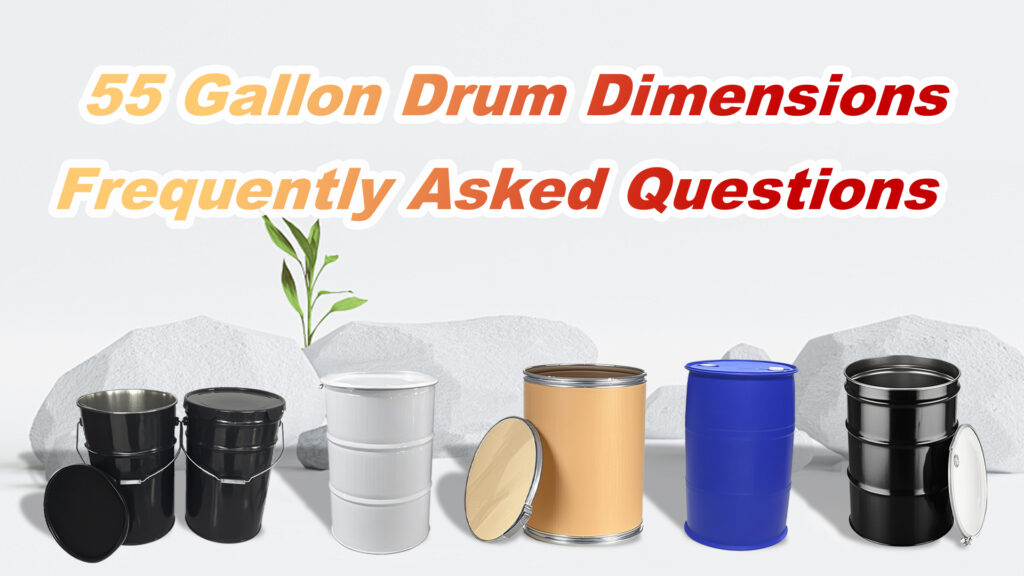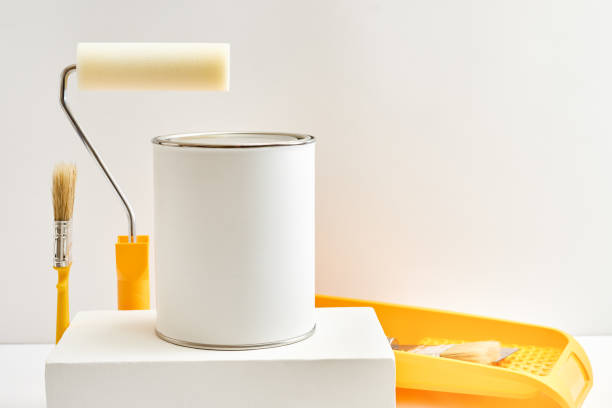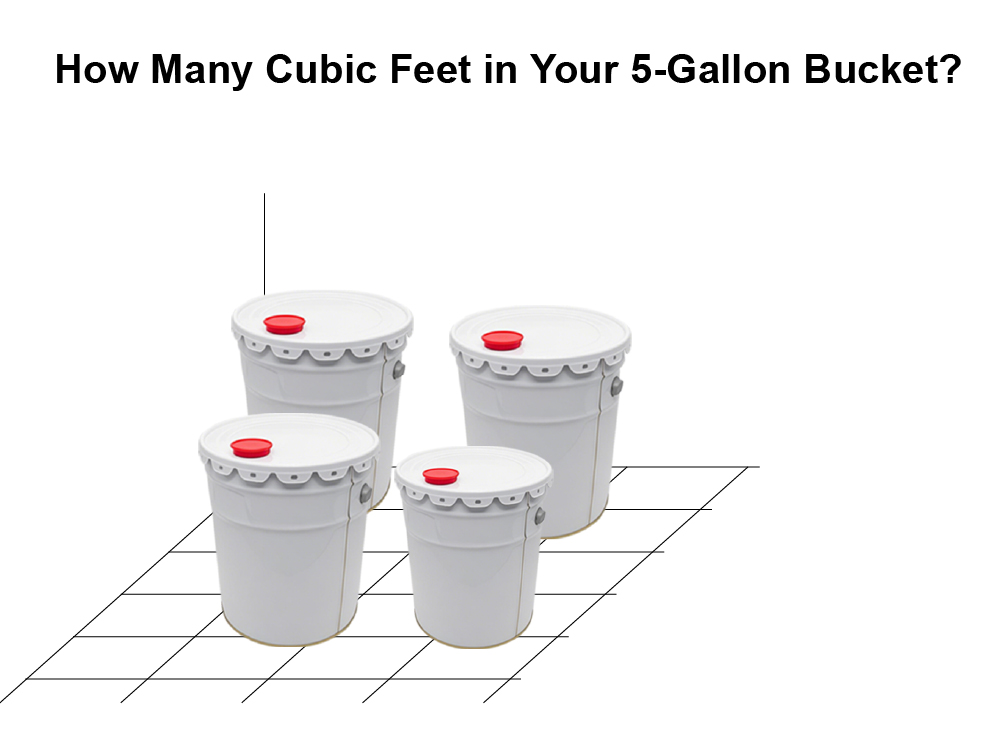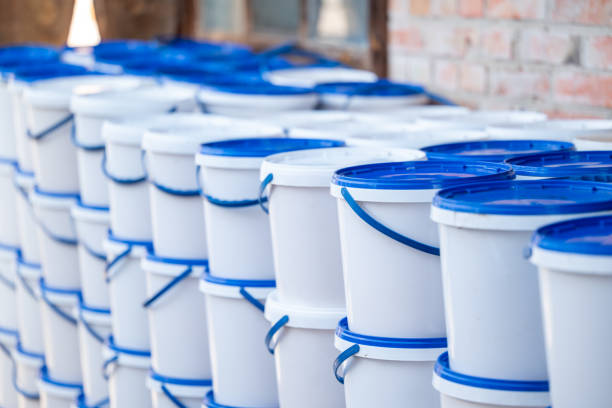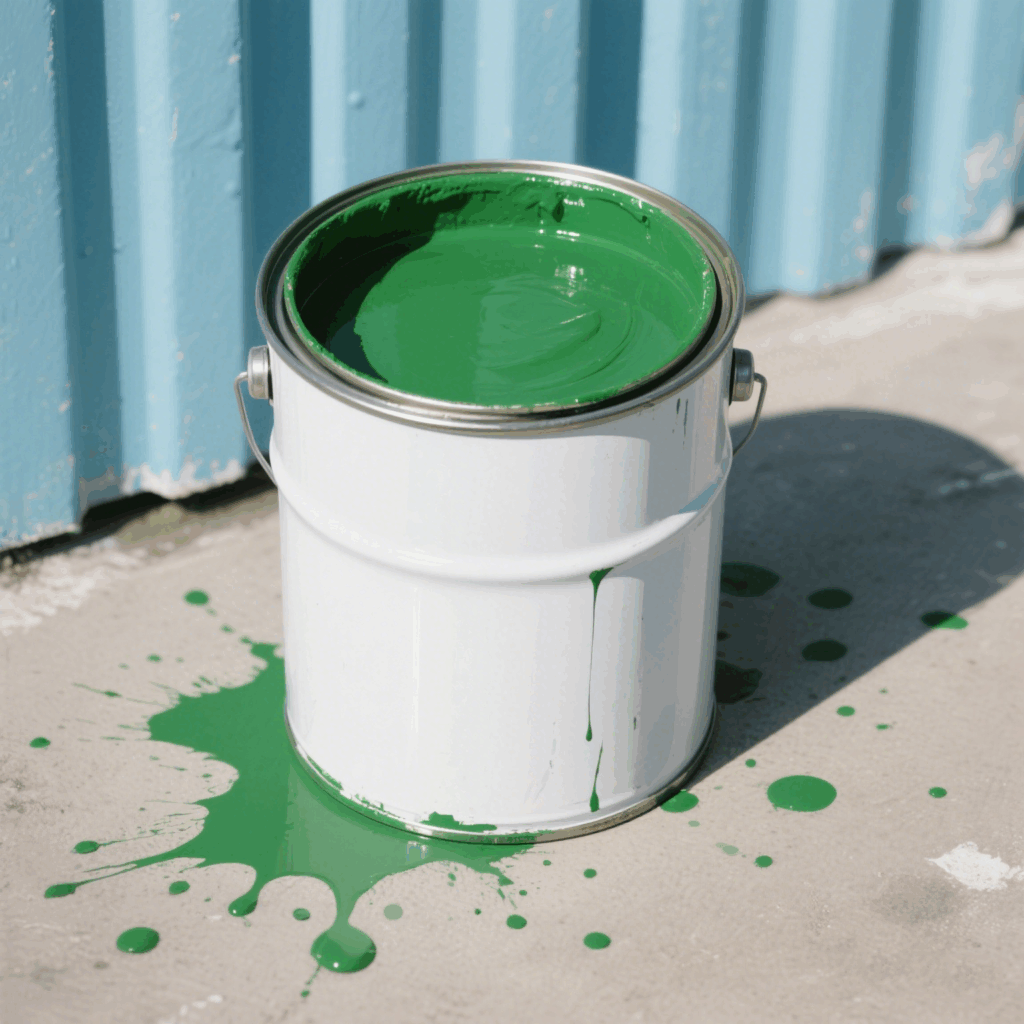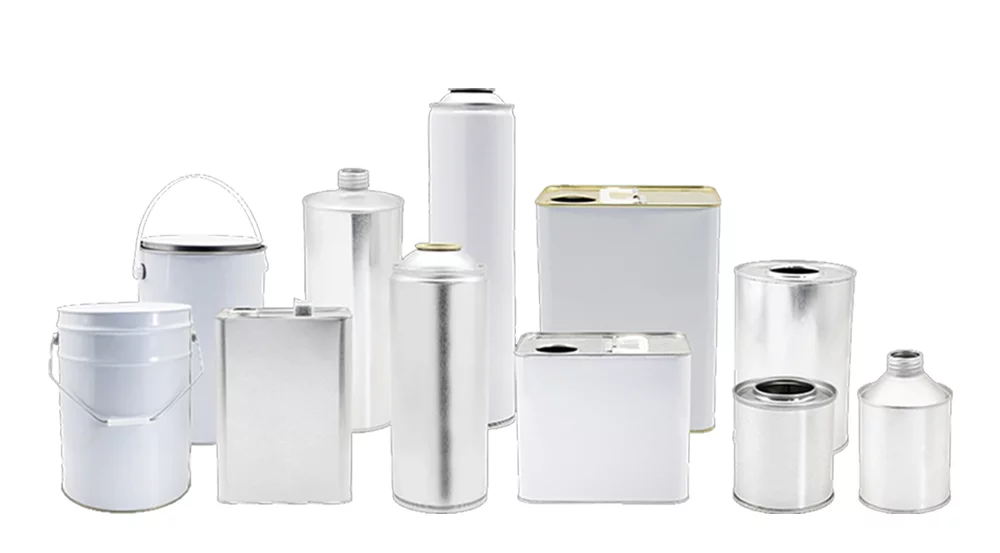When it comes to car maintenance, the brake system is one of the most crucial parts to keep in top condition. Brake fluid is essential for your vehicle’s braking system to function properly, but have you ever wondered whether it’s safe to reuse brake fluid? Let’s explore this topic in depth and give you the answers you need.
Understanding Brake Fluid and Its Role
Brake fluid plays a vital role in your vehicle’s braking system. It is responsible for transferring the force from your foot on the brake pedal to the brake components, ensuring your vehicle stops when you need it to. Brake fluid works by creating hydraulic pressure, and without it, the system would fail to operate.
Brake fluid is typically made from one of three types:
-
DOT Fluid (Department of Transportation) – This is the most common type and comes in several grades such as DOT 3, DOT 4, and DOT 5.
-
Mineral Oil-Based Fluid – This is typically used in some European cars like older models from Audi and Volkswagen.
-
Silicone-Based Fluid (DOT 5) – Less common but is used in certain racing cars or vehicles that need specific requirements.
Each type of fluid has its own characteristics and can affect your braking performance. But now, let’s tackle the question: Can you reuse brake fluid?
Is Reusing Brake Fluid Safe?
Reusing brake fluid is not recommended for several important reasons:
-
Moisture Contamination: Over time, brake fluid absorbs moisture from the air. This moisture lowers the boiling point of the fluid, leading to reduced braking performance and potentially causing brake failure. Since you can’t remove moisture from used fluid, reusing it will only compromise your safety.
-
Degradation of Chemical Properties: Brake fluid degrades with use, especially after prolonged exposure to heat. Reusing old brake fluid can cause it to become less effective, affecting the hydraulic pressure in the braking system.
-
Contamination: During regular brake maintenance, dirt, debris, and metal particles can contaminate the fluid. Reusing such fluid without proper filtration or purification could damage the brake system over time.
-
Manufacturer Recommendations: Car manufacturers generally recommend replacing brake fluid every 2 to 3 years. Ignoring these recommendations and reusing fluid could void your vehicle’s warranty or cause long-term damage.
When Should You Replace Brake Fluid?
Instead of reusing brake fluid, it’s important to follow the guidelines for replacing it. Here are some signs that it’s time to replace the brake fluid:
-
Brake Fluid Level is Low: If you notice a significant drop in the fluid level, it’s a sign that the fluid may need to be replaced.
-
Brake Pedal Feels Soft or Spongy: This could indicate that air or moisture has entered the system, and fresh fluid is needed.
-
Discolored Fluid: New brake fluid is clear or slightly yellow. If it appears dark or brown, it’s a sign that the fluid has degraded and needs replacing.
How to Properly Dispose of Old Brake Fluid
If you’ve already changed the brake fluid, it’s important to dispose of the old fluid properly. Brake fluid is a hazardous material and should not be poured down the drain or thrown in the trash. Most auto parts stores or mechanic shops offer recycling programs where you can safely drop off your used brake fluid.
Can You Clean and Reuse Brake Fluid?
Cleaning and reusing brake fluid is not a viable solution. Even if you filter out contaminants, moisture and chemical degradation cannot be removed. It’s always safer to replace old brake fluid with fresh fluid to ensure your braking system functions optimally.
FAQs
1. Can I just top off my brake fluid instead of replacing it?
Topping off brake fluid is not a long-term solution. If the fluid level is low, it may indicate a leak, or it might be time for a full brake fluid replacement.
2. Can I use any type of brake fluid in my car?
No, it’s crucial to use the type of brake fluid specified in your car’s manual. Using the wrong type of brake fluid can cause damage to the braking system.
3. How often should I change my brake fluid?
Most manufacturers recommend changing the brake fluid every 2 to 3 years, or every 24,000 to 36,000 miles, but check your car’s manual for specific intervals.
4. Is it safe to mix different types of brake fluid?
No, you should not mix different types of brake fluid. Mixing fluids can cause chemical reactions that may compromise the braking system.
5. Can I reuse brake fluid in an emergency?
While it might be tempting in an emergency, reusing brake fluid is not recommended. It’s safer to call a tow truck or roadside assistance for a fluid replacement.
In conclusion, reusing brake fluid is not safe and could compromise your vehicle’s braking performance, making it a risk you shouldn’t take. Always replace your brake fluid according to your vehicle’s maintenance schedule to ensure safety and performance. If you’re unsure or need assistance, it’s always best to consult a professional mechanic.
















